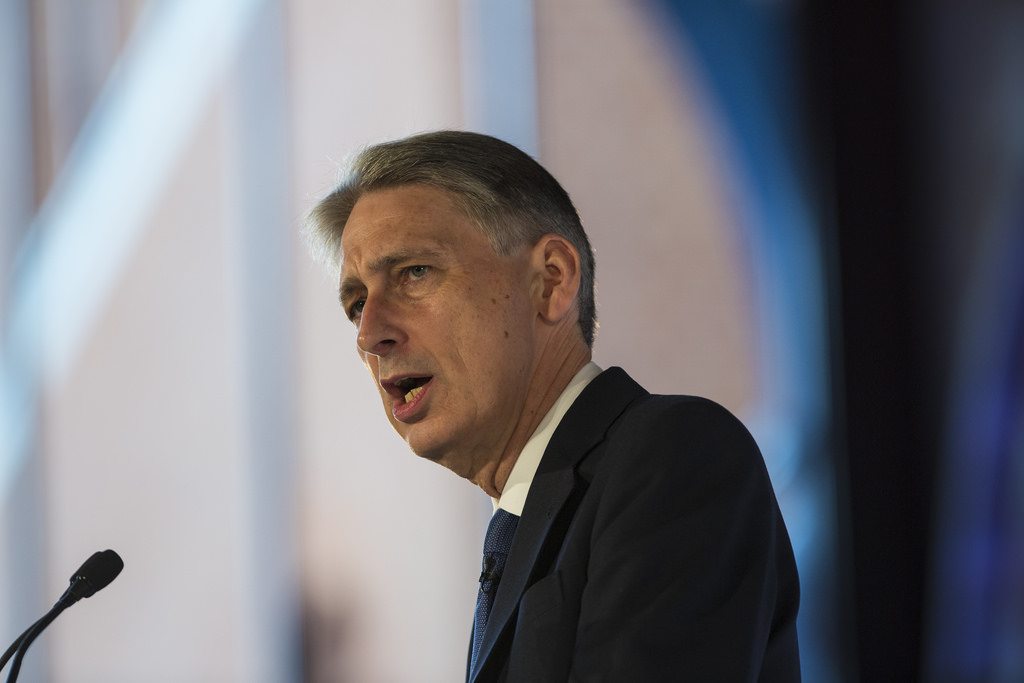The Big Three: A stark contrast on public finances
September and October saw the major parties gripping Britain’s political system take to the stage in the respective party conferences, announcing economic policies following a revolutionary year in British politics, which saw Brexit and a short-lived Conservative leadership dominate the headlines. A once again safe John McDonnell, richly experienced Baroness Kramer and the rumoured ‘fiscal hawk,’ Phillip Hammond all stepped into the spotlight, under intense scrutiny, as they sought to justify their vision for an economy heading into treacherous territory.
The Liberal Democrats’ annual conference took place in Bournemouth from the 16-20th September. Notable economic policies included raising taxes in order to boost funding for the NHS, and attacking George Osborne’s ‘punishment’ budget, and opposing spending on nuclear power. The Financial Times (FT)’ George Parker & Henry Mance emphasised a centre-left ideological approach to the Lib Dems’ economics this time around, strongly highlighted by Tim Farron, the Lib Dem leader’s, attempt to merge the NHS with adult social care, a policy of former Labour leader Ed Miliband, a leading centre-left politician. This does, however, the idea of fairer taxed, in the Lib Dem’s view does show continuity to Baroness Kramer’s economic beliefs.
Following a second leadership election in 12 months, Labour’s former dark horse, Jeremy Corbyn, was re-elected with an even greater mandate, easily crushing his lone opponent Owen Smith, who aimed to bring Labour back to the centre-left. John McDonnell resumed his duties as Shadow Chancellor, consulting his high profile economic group of advisers, consisting of renowned economists, including Nobel laureate and former chief economist at the World Bank Joseph Stiglitz, on a regular basis.
His key policy was promising to raise the minimum wage to at least £10 per hour, which would make the lowest salary in Britain £19,250. He also pledged to be an ‘interventionist government,’ with regards to the economy, whilst having a ‘comprehensive industrial strategy,’ which would include repealing the Trade Unions Act and cracking down on tax dodging (famed by Google and Amazon in recent months). The threat to steeply raise business tax, however, was subject to intense debate. Whilst the BBC’s Economics Editor, Kamal Ahmed, stressed such ideas being dangerous, Mark Littlewood, the Director of the think-tank Institute of Economic Affairs, criticised McDonnell for living in a ‘fantasy,’ adding that such anti-market policies would hit the poor the hardest, the very same people Corbyn aims to help.
After a rollercoaster early summer, and a notably quiet few weeks in terms of Brexit, attention turned to the Conservative Party’s conference, held early this month in Birmingham. Despite leading media figures, such as Faisal Islam, Sky News’ Political Editor, stating how Theresa May had acted astutely to avoid insurgency in her fragile party, the heart of recent news has been sharply pinned to Amber Rudd and May’s contentious claims on foreign workers in domestic businesses and the identity of ‘global citizens.’
Nevertheless, Phillip Hammond’s economic blueprint was analysed, considering his unequivocally crucial role mediating the financial consequences of Brexit. A stern supporter of Britain’s participation in the single market, he dismissed his predecessor’s (Osborne’s) goal to eliminate the budget deficit by 2020. As a response to the prospect of an economic slow-down due to Brexit, he promised “careful, targeted public investment in high-value infrastructure,” which seemed to finally satisfy economists who had long pointed out Britain’s struggle in productivity, according to commentary from The Economist’s Callum Williams. With the cost of borrowing so low, some leading economists have suggested extra spending of £20bn annually would be manageable, which would increase the budget deficit (when spending exceeds revenue in a single fiscal year) by 1%.
It will not be till the 23rd November, when Hammond releases his first budget, that we will get a clearer idea of the Conservatives’ actual economic policies. The conference was, nonetheless, a reasonable indicator.

Comments